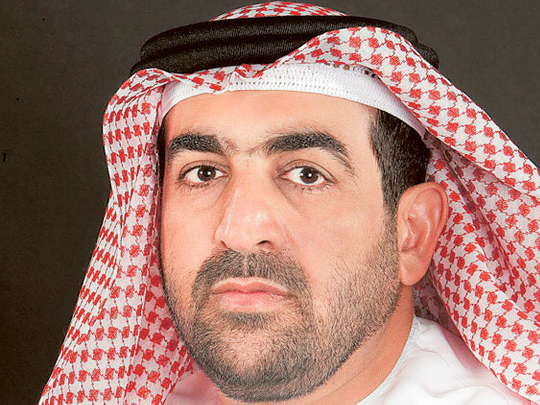
Abu Dhabi: The Ministry of Environment and Water on Sunday has announced a ban on the circulation and marketing of non-biodegradable plastic products by the beginning of next year.
The ban also covers biodegradable plastic products which are not registered in accordance with the Emirates Conformity Assessment System (ECAS), said a statement released by the ministry.
A list of requirements and conditions applicable in this regard and in accordance with the UAE standard specifications (5009:2009) have to be met by the manufacturers of these products within a period not exceeding December 31.
The decision, signed by Dr Rashid Ahmad Bin Fahd, Minister of Environment and Water, makes it obligatory for manufacturers and suppliers of plastics to register 15 non-biodegradable products, including newspaper and magazine wrap, bubble wrap and cushioning packaging, flower wrap, overwrap, stretch film, cling film, shrink film and plastic liner as well as personal care products including gloves, seedling bags and polyethylene table sheets.
Many studies and research highlight the lethal health damage caused by compounds that are used in the production of plastic materials, especially on children, foetuses and the environment as a result of excessive use.
The misuse and careless disposal of these materials leads to suffocation, especially among children, and the death of wild animals and marine life.
This move was enacted in line with the policy and strategy adopted by the ministry to reduce use of non-biodegradable plastic products.
Gulf News has been a big supporter of environmental initiatives. The newspaper launched the ‘No to Plastic Bags’ campaign five years ago in response to hundreds of camels and gazelles dying in the desert after eating plastic bags. And, in a bid to reduce the use of plastic bags, Gulf News distributed 200,000 free jute bags to subscribers.
Nearly 50 per cent of UAE camel deaths happen because the animals eat the mostly tourism-generated lightweight, long-lasting plastic bags that blow around the desert, mistaking the trash for food, according to the Environment Agency Abu Dhabi, EAD.
EAD officials said floating plastic bags also pose a threat to sea turtles and other biodiversity when they mistakenly swallow them for food.
An official added every time we reach for a plastic bag we need to stop and think about the effect it has on our natural heritage.
The ministry of environment and water may also consider imposing fees on plastic bags that are used by consumers aiming at reducing the excessive consumption of plastic bags, including non-biodegradable bags and reuse of plastic bags, as part of the campaign.
Single-use plastic shopping bags are usually distributed for free to customers by stores when purchasing goods. It is a popular method that is practised in many countries for being a strong, cheap, and hygienic way of transporting items. Lightweight bags are commonly made from high-density polyethylene (HDPE) plastic.
Problems associated with plastic bags include use of non-renewable resources such as crude oil, gas and coal.












